Article from Issue #19 (March 7, 2020)
COVID-19 - Don't give in to the Fear and Panic
by Healthlink BC
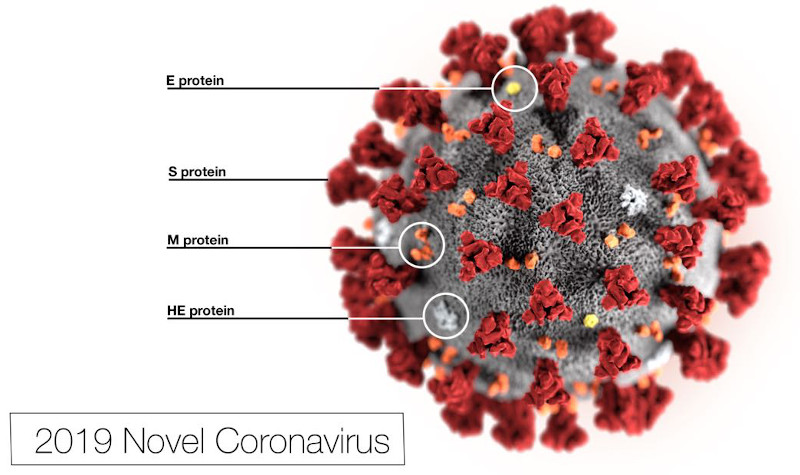
Source: Healthlink BC
COVID-19 is the name of the newly identified respiratory disease that is also known as the coronavirus. Respiratory infections caused by COVID-19 first appeared in Wuhan City, China in December 2019. The outbreak was declared a Public Health Emergency of International Concern by the WHO on January 30, 2020.
Although COVID-19 originated from Wuhan, China, it has spread to many countries, including to Canada. A small number of cases in British Columbia are being closely managed. The risk to British Columbians remains low.
How is coronavirus transmitted?
Coronavirus is spread from an infected person through
- Droplets spread when a person coughs or sneezes
- Close personal contact such as touching or shaking hands
- Touching an object or surface with the virus on it, then touching your mouth, nose or eyes before washing your hands
What are the symptoms?
Common symptoms for COVID-19 are
- Fever
- Cough
- Difficulty breathing
At this time, the available information suggests the incubation period is up to 14 days. The incubation period is the time from when a person is first exposed until symptoms appear.
What is self-monitoring and self-isolation?
Self-monitoring
Self-monitoring means you should be monitoring your health and the health of your children for symptoms such as fever, cough or difficulty breathing. Individuals who are self-monitoring can attend and work in school and take part in regular activities.
Travellers returning from the affected areas listed below should actively self-monitor. Take your temperature twice a day, in the morning and at nighttime, using a digital thermometer by mouth (oral). Do not take acetaminophen (e.g. Tylenol®) or ibuprofen (e.g. Advil®) during the 14-day self-isolation period unless your health care provider advises otherwise.
If you start having symptoms of COVID-19, you need to
- Isolate yourself from others as quickly as possible
- Immediately call a health care professional, a local public health authority or 8-1-1
- Describe your symptoms and travel history. They will provide advice on what you should do
Self-Isolation
Self-isolation means avoiding situations where you could infect other people. This can help prevent the spread of infections. Self-isolation lowers the chance of spreading the illness to other people. When you are exposed to an illness, there is the time between exposure and when you start to feel sick. This is called an incubation period. There is a small chance you can spread germs in the days before you feel sick. People at high-risk of having been exposed to the illness are asked to self-isolate.
People asked to self-isolate should stay home and limit contact with others for 14 days. To limit contact with others, you should
- Stay home
- Avoid those who have chronic conditions, compromised immune systems and older adults
- Avoid having visitors to your home
- Wash your hands often with soap and warm water for 20 seconds
- Cover your mouth and nose with your arm when coughing or sneezing
If you have travelled to Hubei Province, China or Iran you are asked to self-isolate for 14 days after the day you left the province of Hubei, China or Iran. If you have had contact with someone diagnosed with COVID-19 and have received instructions from public health, you should also self-isolate. During the period of self-isolation, self-monitor for fever, cough or difficulty breathing. If you have these symptoms call the local public health authority or 8-1-1.
What should I do if I think I have COVID-19?
If you have symptoms such as fever, cough or difficulty breathing and have travelled outside Canada or have been exposed to someone who has COVID-19, avoid contact with others. See a health care provider as soon as possible.
If you are going to visit your health care provider, call them ahead of time so they can arrange for you to be assessed safely. Wear a mask in order to protect others. If you are unsure about what to do or have concerns or questions, contact HealthLinkBC (8-1-1) at any time or speak with your health care provider.
When seeing a health care provider, please tell them
- Your symptoms
- Where you have been travelling or living
- If you had direct contact with animals (for example, if you visited a live animal market)
- If you had close contact with a sick person, especially if they had a fever, cough or difficulty breathing
What should I do if I have been travelling?
If you have travelled to Hubei Province, China or Iran you are asked to self-isolate for 14 days after the day you left the province of Hubei, China or Iran. If you are returning from affected areas or have been in close contact with someone who has been diagnosed with COVID-19, stay home and limit contact with others for a total of 14 days from your return. Monitor yourself daily for symptoms like fever, cough or difficulty breathing for these 14 days. If you develop symptoms, call HealthLinkBC (8-1-1) at any time or speak with your health care provider to discuss any need for testing and follow up.
For more information see:
If you have travelled outside Canada, monitor yourself and your children closely for symptoms like fever, cough and difficulty breathing for a total of 14 days from your return. If any symptoms arise, limit contact with others and call HealthLinkBC (8-1-1) at any time or speak with your health care provider.
For more information see:
How can I prevent getting infected?
The most important thing you can do to prevent infection is to wash your hands regularly and avoid touching your face. To help reduce your risk of infection:
- Wash your hands often with soap and water for at least 20 seconds. Using soap and water is the single most effective way of reducing the spread of infection
- If a sink is not available, alcohol based hand rubs (ABHR) can be used to clean your hands as long as they are not visibly soiled. If they are visibly soiled, use a wipe and then ABHR to effectively clean them
- Do not touch your face, eyes, nose or mouth with unwashed hands
- Cover your mouth and nose with a disposable tissue or the crease of your elbow when you sneeze or cough
- Regularly clean and disinfect frequently touched surfaces
- Do not share food, drinks, utensils, etc.
Should I wear a mask?
- If you are sick, wearing a mask helps prevent you from passing on illnesses to other people
- If you are not sick it may be less effective to wear a mask in the community
Learn more about how to decrease your risk:
Learn more about how to stay healthy on your trip:
Is there a vaccine for a COVID-19?
When a disease is new, there is no vaccine until one is developed. It can take many years to develop a new vaccine.
Is there a treatment for COVID-19?
There is no specific treatment for disease caused by COVID-19. Many of the symptoms can be managed with home treatment such as drinking plenty of fluids, rest and using a humidifier or hot shower to ease a cough or sore throat. Most people recover from coronaviruses on their own. For people with more serious illness supportive care in or out of hospital may be needed.
For more information on what you can do if you have symptoms, see:
- Colds
- Fever or Chills, Age 12 and Older
- Fever or Chills, Age 11 & Younger
- Respiratory Problems, Age 11 and Younger
- Respiratory Problems, Age 12 and Older
How is COVID-19 diagnosed?
The BCCDC Public Health Laboratory (PHL) has developed laboratory guidance for COVID-19 diagnostic testing. If your health care provider thinks you may have the new coronavirus, they will arrange for testing.
Common questions about novel coronavirus
For more answers to some of the most common questions about coronavirus see:
- BCCDC: Frequently Asked Questions on New Coronavirus (COVID-19) for Children and Students
- BCCDC: Novel coronavirus (COVID-19)
- Government of Canada: Coronavirus disease (COVID-19)Frequently Asked Questions (FAQ)
- Vancouver Coastal Health Authority: Information on Coronavirus Disease (COVID-19)
- World Health Organization: Q&A on Coronaviruses(COVID-19)
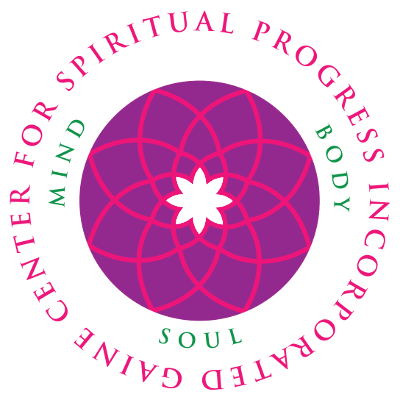
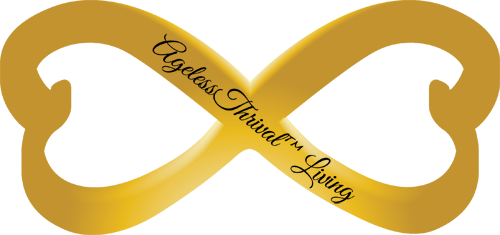
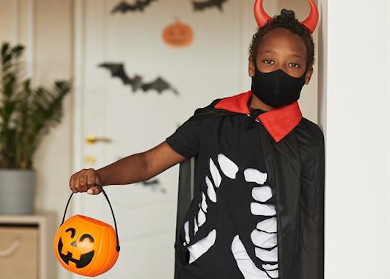 BC Center for Disease Control tips for a COVID-19 safe Halloween
BC Center for Disease Control tips for a COVID-19 safe Halloween What You Should Know About COVID-19
What You Should Know About COVID-19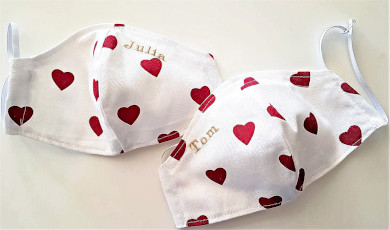 17 Valentine's Day Ideas to Help You Celebrate Your Love at Home
17 Valentine's Day Ideas to Help You Celebrate Your Love at Home